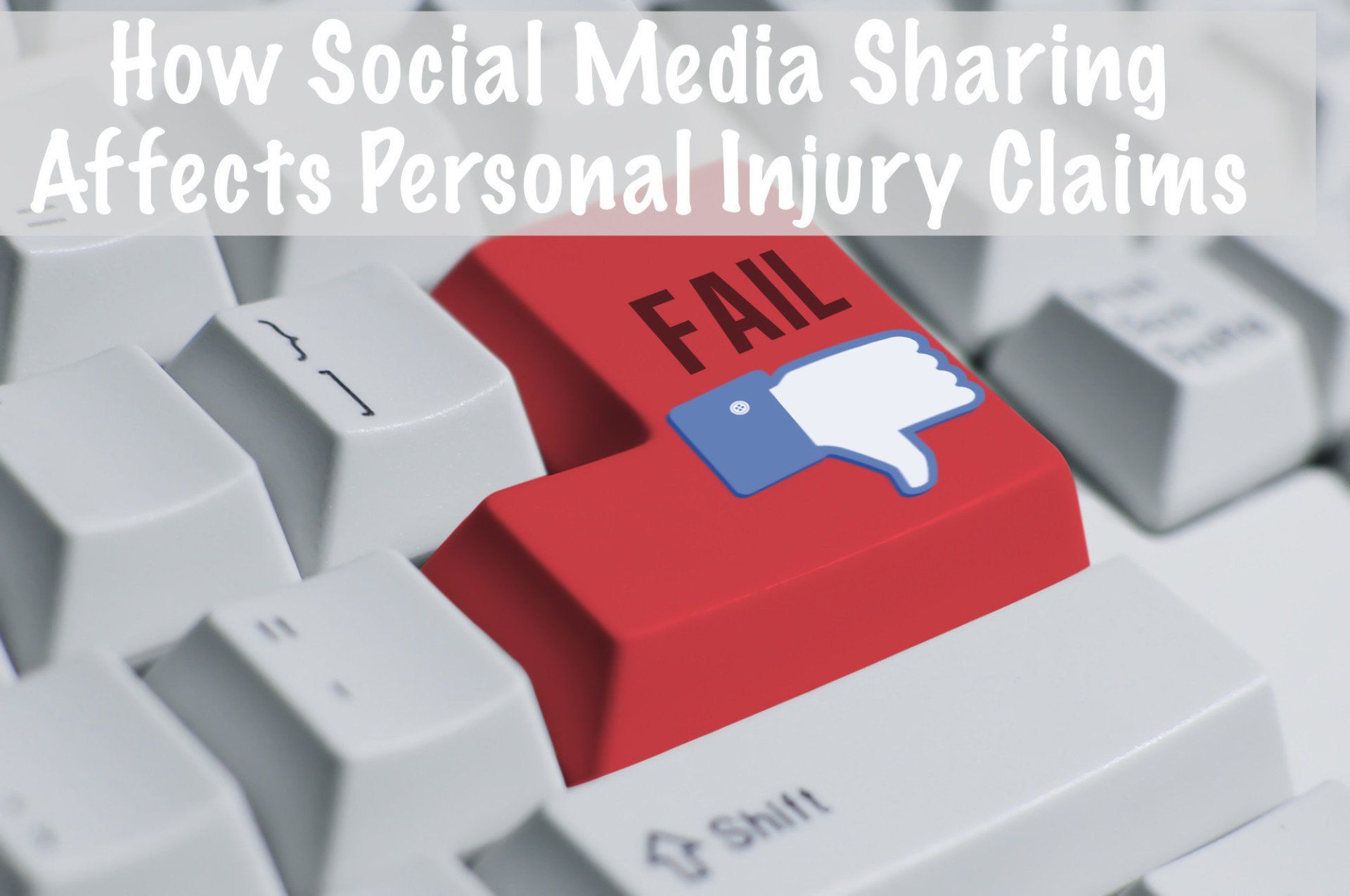5 Essential Tips for Filing a Workers Compensation Claim
Were you injured on the job? You might be eligible for workers compensation. Read this article to learn the steps you need to take to file a workers compensation claim.
2.9 million nonfatal workplace injuries occurred in 2016.
While this number is lower than what it has been in previous years, it's still significant.
The good news is that many individuals who have sustained a work-related injury are entitled to workers compensation.
Workers compensation gives eligible injured employees the financial and medical assistance they need to recover. Most corporations are required to have a workers compensation insurance policy, particularly for high-risk industries.
Many people are intimidated when it comes to filing a workers compensation claim. However, the process can be relatively straightforward if you keep the following essential tips in mind.
Read on for insight!
1. Report Your Injury to Your Employer Immediately
This is one of the most important things to keep in mind when it comes to filing a workers compensation claim. Most workers comp insurance policies require employees to report their injury within 90 days of experiencing it.
Naturally, there may be exceptions. For example, you may notice a medical condition that has been growing for some time due to workplace exposure, such as a lung condition, a respiratory issue, or skin cancer.
Whatever the case, as soon as you notice symptoms of a condition or injury and identify its cause as work-related, report to your employer.
This report does not have to be formal at first. Reach out to your employer via a means that can be easily documented, such as email. If you do speak with your employer in person, follow up with an email outlining relevant details.
When communicating with your employer, be as specific as possible. The more information you can provide about the incident, the better. This will streamline the claim filing process and boost your odds of having your claim approved.
2. Seek and Document Medical Attention
It is vital to seek necessary medical attention as soon as possible. You may even need to do this before you report the injury to your employer, depending on the severity of your injury.
However, it is worth noting that you must seek medical attention from a provider within your employer's insurance network. You can identify providers by contacting them directly or consulting your employer.
Document all medical attention you do receive and hold onto any receipts, documents, and other paperwork related to your injury. This is going to be important for filing the actual claim.
You may also wish to keep a personal record of your symptoms and injuries in the form of a formal diary. These notes can help supplement the documentation you provide for your claim.
3. Request the Appropriate Documents for Filing a Claim
There can be a lot of documents when it comes to filing a workers compensation claim. For this reason, be informed about what documents you need before your employer sends them to you.
Most employers will be on top of it when it comes to handling a claim. Nonetheless, it's important to follow up regularly to ensure that you have all you need to file a proper claim.
The documents you need will depend on the state in which you work and reside. They will also depend on the employer's insurance provider.
In general, however, you will need the appropriate documents for filing a claim through the insurance provider itself. You will also need a form that enables you to report your injury to your state's workers compensation board (potentially).
In addition to these forms, you may have to submit documents related to your injury itself, such as medical documentation for initial treatment.
Be sure to keep both paper and digital copies of all of these documents. Communicate actively with your employer to ensure that you are following proper procedure.
4. Know Your Benefits
A lot of employees aren't aware of the workers' compensation benefits they are entitled to. Benefits will depend on the insurance policy your employer has in place, as well as the state in which you reside and the extent of your injury.
Your employer should have detailed information that outlines what you are entitled to in terms of compensation. Ask for this information right away so that you know what your medical coverage is going to look like.
Your employer should also have details about what returning to work will look like and how soon you'll be able to do so. Your employer should also inform you about what your general rights are as an employee for this specific company.
You may also wish to contact the insurance provider for clarification about certain benefits, even before you hear back about your claim. Remember that the more you are informed, the easier it will be to recover from your injury and receive the support you need.
5. Consult a Lawyer
At the end of the day, navigating a workers compensation claim can be overwhelming and difficult. Depending on the insurance provider, you may also find yourself wading through documents and waiting for extended periods of time to hear about your claim.
For this reason, consulting legal aid may be your best option. A workers' compensation attorney can help you file your claim effectively and ensure that you get access to the medical attention and financial assistance you deserve.
Lawyers can also make sure that you are following all state-related guidelines, as these will change from border to border. Your attorney can also be at your side if your claim is denied for any reason.
Final Thoughts: Tips for Filing a Workers Compensation Claim
Filing a workers compensation claim can be a difficult and emotional process. However, keeping these essential tips in mind can make sure that it is overall rewarding.
Be sure to seek medical attention immediately and document your treatment, as well as your symptoms. Report your injury to your employer within ninety days of sustaining the injury itself, or as soon as you notice symptoms.
Gather all relevant documents, being sure to check with your state's workers' comp board to make sure you're filing the right ones. Communicate with your employer throughout the process so that you know what you are entitled to.
All in all, consulting a lawyer will give you the peace of mind you need for navigating a workplace injury. At the Law Office of Rick Koenig, we care deeply about all of our clients and pride ourselves on our ability to help you get the aid you need.
Start a conversation to learn more now!








